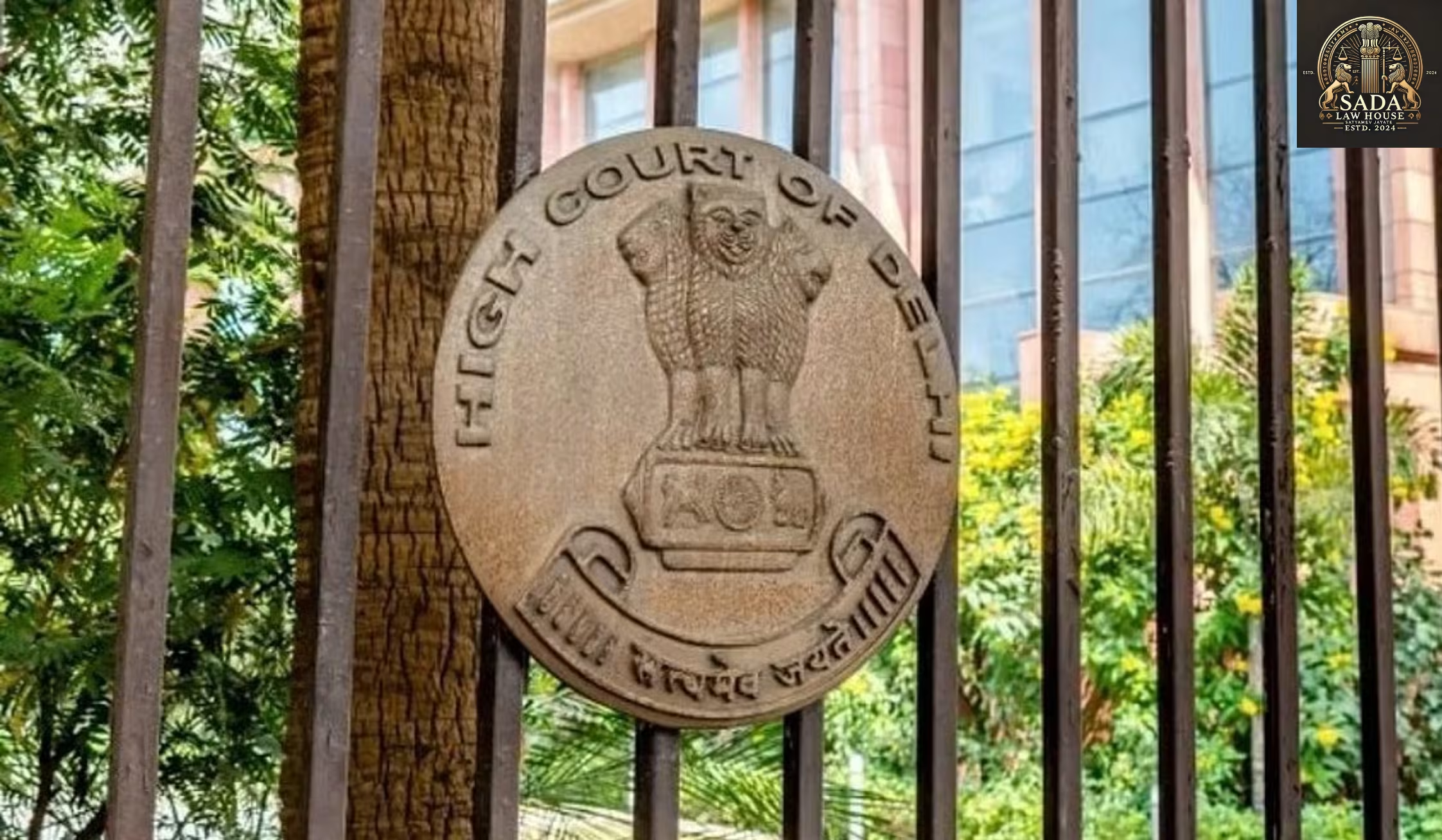Delhi High Court Orders Social Media Cleanup to Protect Child Sexual Abuse Victim’s Identity
- Kashish jahan
- 14 June 2025

The Delhi High Court takes a strong stand to protect a child sexual abuse survivor’s identity, ordering social media platforms to remove harmful content. Learn how this landmark ruling upholds digital privacy and child protection laws in India.
A Major Step Toward Online Privacy for Child Abuse Victims
In an era dominated by viral content and social media trends, the Delhi High Court has set a critical precedent by intervening to protect the identity of a minor sexual abuse survivor. The case involved disturbing videos shared on platforms like Instagram, YouTube, and X (formerly Twitter) that violated the girl’s right to privacy by revealing her name, face, and address.
Legal Framework Ignored as Videos Go Viral
Despite the existence of strong child protection laws such as the Protection of Children from Sexual Offences Act (POCSO) and the Juvenile Justice Act, the online circulation of these videos went unchecked until the court intervened.
Violations of Child Protection Laws
Section 23 of the POCSO Act strictly prohibits revealing the identity of a child in a sexual abuse case.
Section 74 of the Juvenile Justice Act reinforces this protection, especially in criminal cases involving minors.
The widespread sharing of these clips not only breached these laws but also put the child’s mental health and safety at significant risk.
Court Orders Swift Action from Social Media Platforms
In response, the Delhi High Court took immediate action:
Ordered Instagram, YouTube, and X to remove the content within 24 hours.
Directed the Delhi Police Cyber Cell to track the original uploader and provide a detailed report.
This response highlights the growing importance of cyber law enforcement in safeguarding vulnerable individuals from digital harm.
A Message to Content Creators and the Public
This landmark judgment serves as a wake-up call for:
Content creators, who often prioritize reach over ethics.
Social media users, who may unknowingly contribute to a child’s trauma by sharing such content.
Digital Freedom vs. Responsibility
While freedom of speech is a cornerstone of democracy, it does not include the right to exploit or violate others, especially minors. The court’s ruling draws a firm line between public interest and digital exploitation.
Why This Ruling Matters for India’s Legal Landscape
The Delhi High Court’s action goes beyond one individual case—it sets a legal and moral precedent for how India must handle child safety online.
Key Takeaways
Upholds the child’s right to dignity and privacy.
Reinforces the enforceability of existing child protection laws.
Signals stronger accountability for social media platforms.
Conclusion: Protecting Children in the Age of Virality
This case is a reminder that digital content must not come at the cost of a child’s safety or mental well-being. The Delhi High Court has made it clear that the internet cannot be a lawless space—especially when it comes to protecting minor sexual abuse survivors.
By stepping in firmly, the judiciary reinforces that children’s rights in India must be protected both offline and online.
Case Laws






